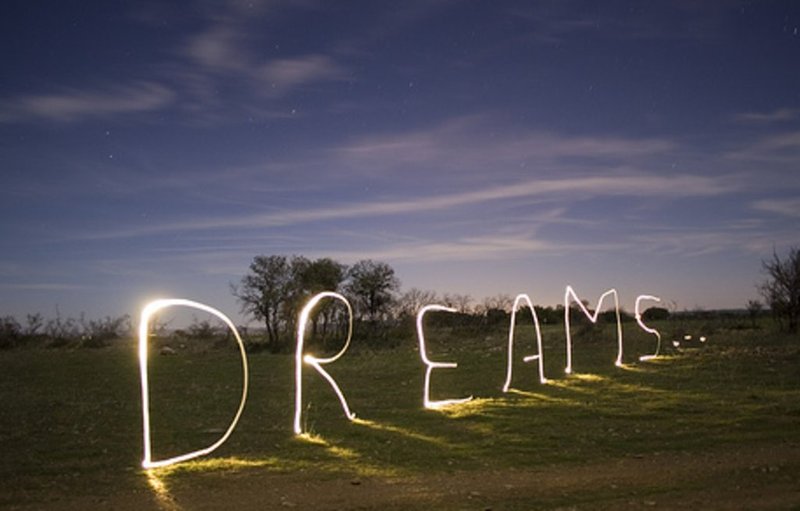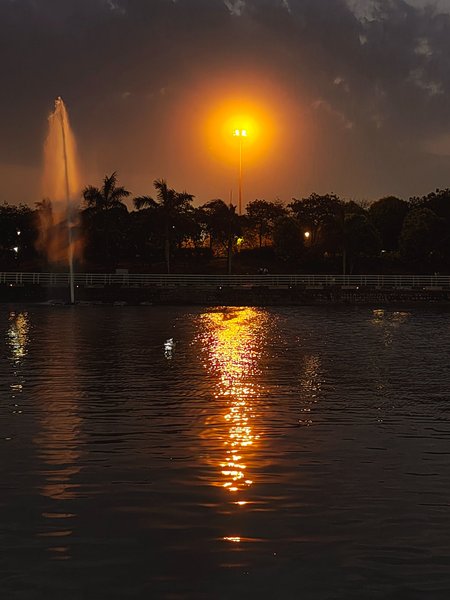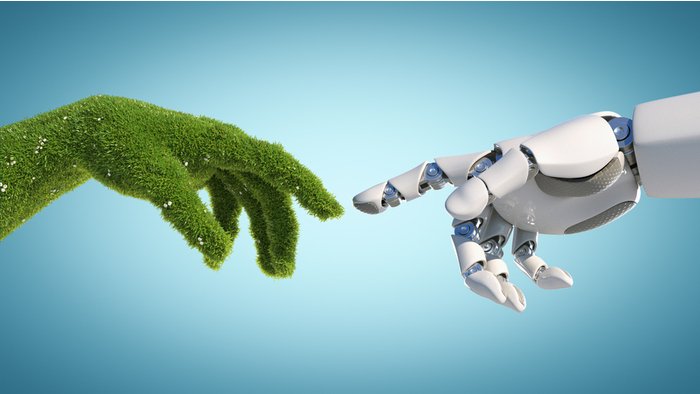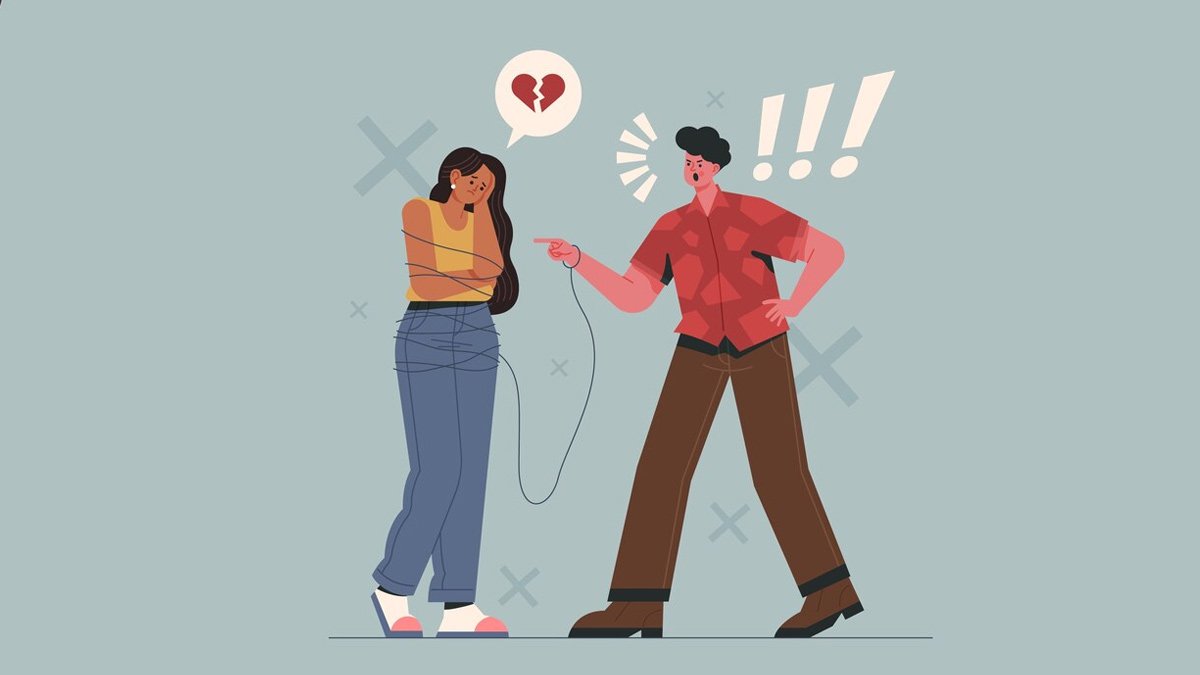Why People Choose to Stay in a Toxic Relationship
2 comments
Hey Everyone!!
Toxic relationships are emotionally draining, mentally exhausting, and often painful. Still, many people choose to remain in them—sometimes knowingly. It's a situation that's hard to understand from the outside, yet deeply complex for those experiencing it. The reasons why people stay in toxic relationships aren’t always black and white; they often lie buried under emotional ties, practical needs, and personal battles.
Love, in its rawest form, is powerful. It can blind someone to red flags, excuses, and repeated pain. When someone has deeply loved another person, it's not easy to walk away—even if that love becomes damaging. The good memories, emotional bonds, and hope that things will eventually change often keep people stuck in a loop, forgiving more than they should and holding on longer than they deserve.
Loneliness is a silent fear that keeps many tied to the wrong person. Some believe being with someone—even if it’s toxic—is better than being alone. This fear often grows stronger with age, past traumas, or low self-esteem. People might think they won’t find love again, and this belief becomes a prison that keeps them locked in a harmful relationship.
In many relationships, especially marriages, responsibilities such as children, elders, or shared family obligations create a heavy sense of duty. People stay because leaving would disrupt their children's lives or because they feel morally responsible to "fix" things. In some societies, there's pressure to "keep the family together" no matter how toxic it gets, which leads to silent suffering for the sake of social image or cultural expectations.
Financial insecurity is another major factor. If one partner is entirely or partially dependent on the other, the fear of not being able to support themselves or their children makes leaving extremely difficult. Toxic partners often use money as a control tool, making the other feel trapped and powerless.
People often cling to the idea that things will improve. Toxic relationships aren't always bad all the time—there are highs and lows. These temporary “good phases” give false hope that the relationship is fixable. The toxic cycle continues, with forgiveness being extended over and over for moments that feel like love but are, in reality, just short breaks between storms.
Toxic partners often manipulate emotions, making the other feel guilty, worthless, or to blame for the situation. This emotional abuse creates confusion and self-doubt. Over time, victims start questioning their reality, believing they’re the problem, and that if they try harder, things will get better.
Choosing to stay in a toxic relationship is never a simple decision. While outsiders may say "just leave," the truth is, people carry emotional scars, practical burdens, and deep-rooted fears that aren’t always visible. What they need is not judgment—but support, empathy, and awareness. Healing begins when one finds strength, support, and space to breathe. Leaving a toxic relationship doesn't mean failure—it means choosing peace, self-respect, and a chance at a healthier life. It’s okay to choose yourself.

TᕼᗩᑎK YOᑌ😊
ꜰᴏʀ ᴛᴀᴋɪɴɢ ᴛʜᴇ ᴛɪᴍᴇ ᴛᴏ ʀᴇᴀᴅ ᴍʏ ʙʟᴏɢꜱ!
ʜᴀᴠᴇ ᴀ ᴡᴏɴᴅᴇʀꜰᴜʟ ᴅᴀʏ🌞





Comments